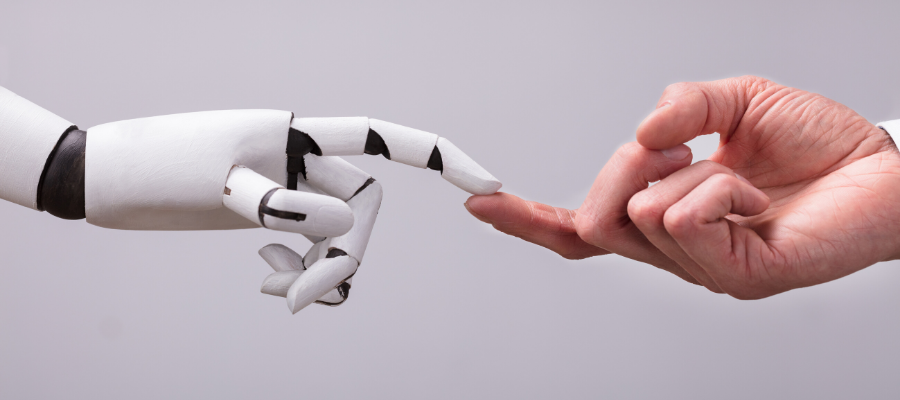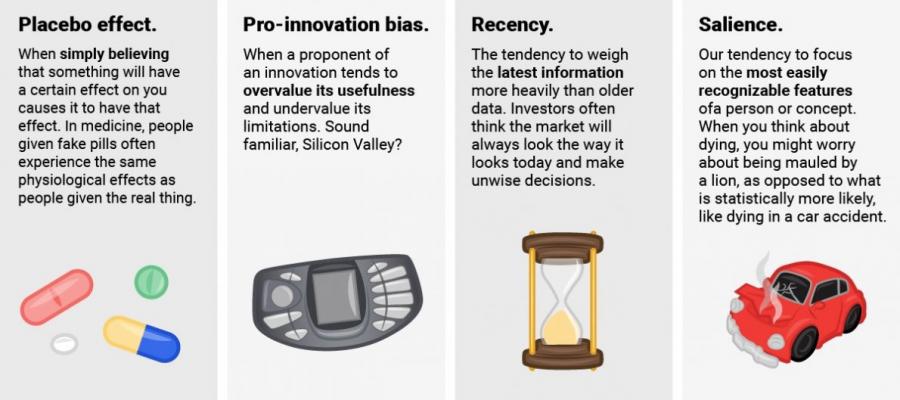The Offensive Peter Singer
26
Jul 2017
In a recent interview, the controversial philosopher Peter Singer states that "Philosophy always causes offense—perhaps it should cause offense." But not everyone agrees that offensive philosophical views are necessarily a good thing, especially when reasonable critiques are ignored.
Read moreIn Praise of Reading
25
Jul 2017
We modern humans read all sorts of things and for all sorts of reasons. Sometimes reading a densely packed text takes a lot of skill and effort. But mastering the ancient art of reading can help us to master the even more difficult art of reading the text that is the world.
Read moreRumor, Suspicion, and Misinformation
28
Jul 2017
Why would anyone believe that the symptoms typically associated with AIDS are the product of supernatural practices like sorcery, when a perfectly good and comprehensive scientific explanation of HIV/AIDS is available?
Read more[AUDIO] Is Taste Really Subjective?
06
Jul 2017
It is said that taste is subjective. But are aesthetic judgments completely groundless? When we say something is in bad taste, does that statement have anything behind it at all, besides expressing our personal disapproval?
Read moreShould Sex-Identity Be on Birth Certificates?
07
Jul 2017
Why do we think it's so important to assign a sex and gender to a baby at birth? Does it serve an important public policy or public health purpose, or does this practice more reflect our irrational need to classify people along these axes as quickly as possible?
Read moreTo Game or Not to Game
11
Jul 2017
Video game use among young, lower skilled men has increased markedly in the past few decades. In general, the underemployment of this demographic has struck many as deeply worrying, foreshadowing changes in the future of work and creating a need for a universal basic income.
Read moreReality TV: Ethics or Entertainment?
05
Jul 2017
What ethical obligations do the makers of reality TV have to prevent harm to their willing participants? Or do reality TV participants give up certain rights when they agree to allow their lives to be commodified?
Read morePhilosophy Majors: Unexpectedly Employable
10
Jul 2017
Contrary to popular belief, a philosophy degree may be useful in the job market. An education in philosophy teaches students critical thinking, precise analysis, and cogent writing, skills that essential for any professional career.
Read moreHow is the Internet Changing Friendships?
20
Jul 2017
How is the internet changing the nature of friendships? Does social media strengthen friendships or make them more shallow? And can liking a friend's status or commenting on their Instagram meaningfully bolster your interactions with them in person?
Read moreTranshumanism
18
Jul 2017
Transhumanists seek to use science and technology to improve the human condition and conquer mortality. But is extending life indefinitely a way to promote human flourishing? Or would it just render life meaningless?
Read moreD'oh! Philosophy in The Simpsons
12
Jul 2017
The Simpsons may not seem like a legitimate source for philosophical discourse and ideas. But the University of Glasgow just launched a successful one-day course entitled "D'oh! The Simpsons Introduce Philosophy" as an introduction to the world's most eminent philosophical thinkers.
Read moreSex and Global Consequences
24
Jul 2017
We are now more aware of the frighteningly near future of overpopulation and limited world resources. Yet 50% of all pregnancies are unplanned. Is there an ethical solution to the overpopulation crisis, one that doesn't violate anyone's reproductive rights?
Read moreCognitive Bias
15
Jul 2017
Aristotle defined humans as the rational animal. But he was wrong! The human mind is riddled with cognitive biases. At last count, there are something like 150 named cognitive biases – confirmation bias, in group bias, loss aversion, the Ikea effect, the halo effect, endowment effects.
Read moreIs Philosophy Just Harder Than Science?
21
Jul 2017
Whereas science has accumulated an enormous wealth of knowledge about the world, philosophy hasn't produced conclusive answers to questions posed thousands of years ago. What's the reason for this difference? Could it be that philosophy is just harder than science?
Read moreFast Lane Ethics
31
Jul 2017
Driverless cars make decisions based on speed, weather, road conditions, and distance. Does that mean that the main challenge for these autonomous vehicles is technical? Or are there also real ethical problems facing this new technology?
Read more













